In the 70s, DJ and Disco culture danced its way across the country and into Bay St. Louis. Meet some of the local players who kept the good times rolling and the dance floors crowded.
- by Rachel Dangermond
Here in Bay Saint Louis, Scott Nichols (aka Rockmaster Scott) was shuffling between New York and the Bay, bringing back with him the current albums of the day. Nichols along with DJs AB (Alton Benoit) and Chill Will (William Washington) would spin records in a pop-up lounge off Washington’s grandmother’s house on Sycamore and St. Francis. The three DJs went by the name Military Funk.
Their dance parties became so popular, Military Funk branched out to play CYOs at St. Rose along with juke joints such as Big 5, Bobby’s Lounge, Willy C’s Connection, The Onion, Nick’s Cozy Lounge, and the Krack – seven clubs that were near Washington’s grandmother’s house. Nichols said, ‘The clubs were so close together and we didn’t have but one copy of each record, so we would have Slick Rick, a roadie from Waveland, run the records back and forth for us.”
Rap wasn’t big in Mississippi at that time, so here is a sampling of the records they played:
At the 100 Men Hall, Nichols would come on after the popular live band Bo & Dee. “We played the Hall all the time. We were the only DJs. Mr. Farve might have been DJing weddings, fashion shows and events, but we were doing the clubs,” Nichols said. Dennis Favre, a Bay musician and DJ, said he began DJing in fifth grade at St. Rose and currently DJs at Hollywood Casino. Favre said he can tell when bands are going to be called back to perform because when a band plays for the crowd, people dance all night long, but when they play for themselves, it’s not the same. “Back in the day, there were certain places that had a band, but the bands phased out because it was cheaper and easier to hire a DJ. It was happening all over, but mostly in black clubs.” Melva Fisher, who co-owned and operated Dock of the Bay in Bay St. Louis, confirmed that they did not have DJs at the Dock. DJ Greg B (Greg Barabino) said DJs at dance parties were normal when he was growing up. “Because I grew up with the birth of hip hop and disco, electronics had taken over. In Mississippi, you couldn’t find a youthful band playing to young folks, that craft was gone. The DJ became an art form, manipulating and creating a different experience than live music.”
DJ Carlos Estrella, who DJs at Roger’s Sports Bar in Waveland every Friday and Saturday night, said that as a musician it was hard to keep up with a band. “Band members wouldn’t show up on time, or looking good, or having practiced. The record player was more reliable.” Estrella said he, like any other musician, enjoys hearing a live band but when he really wants to go out and dance, he wants to find a good DJ. “A DJ offers way less interruptions, has a good mix, and caters to a younger crowd.” Disco, with dance songs that featured mostly female singers along with the DJs who played them, changed the culture of dancing. At the New York discotheques with a DJ, people were no longer obligated to find a person of the opposite sex to dance. Anyone could dance solo or with any partner of their choosing. This had a wide appeal beyond the gay community and across the country, at the 100 Men Hall, around the Bay and beyond. However, just as meteoric as its rise was Disco’s fall. On July 12, 1979, the Chicago White Sox hosted Disco Demolition Night. Some call it the night disco died. However, musicologists believe disco had already begun the metamorphosis that gave rise to hip-hop, Latin freestyle, techno and electronica, and now EDM (electronic dance music popular in clubs today). DJ Soul Sister Melissa Weber, who is also the curator of the Hogan Jazz Archive at Tulane University, says the death of disco was a smear campaign. The Civil Rights Act had been signed only a decade before, and in the early 70s marginalized communities were being seen and heard for the first time. “There are tons of articles, academic and otherwise, that show… the 1979 death of disco was a result of sexism, racism and homophobia. The music played at the discotheque had people all of a sudden dancing together to black and brown music, and this was a thing that had to be stopped.” Yet Disco’s influence on the national music scene and on small communities like Bay Saint Louis cannot be underestimated. Disco was a game-changer. Its pulsating sound morphed into new genres. And DJs became the power players, the ones who could get people out of their chairs and on to the floor to dance. Comments are closed.
|
Categories
All
Archives
July 2024
|
Shoofly Magazine Partners
Our Shoofly Partners are local businesses and organizations who share our mission to enrich community life in Bay St. Louis, Waveland, Diamondhead and Pass Christian. These are limited in number to maximize visibility. Email us now to become a Shoofly Partner!

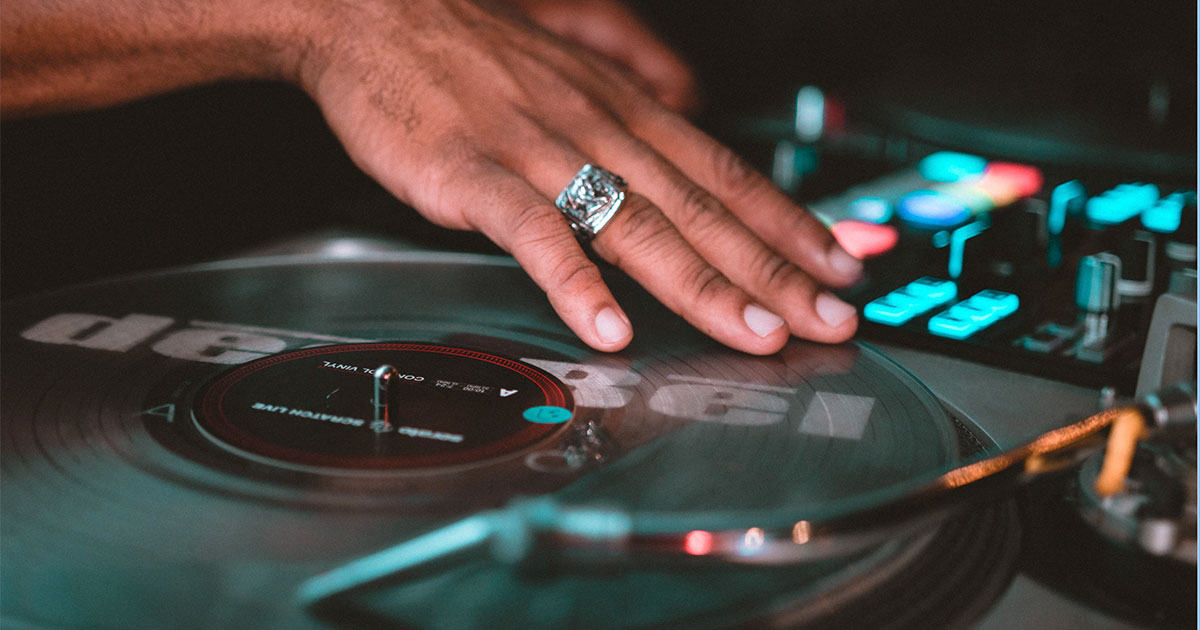
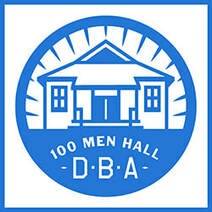


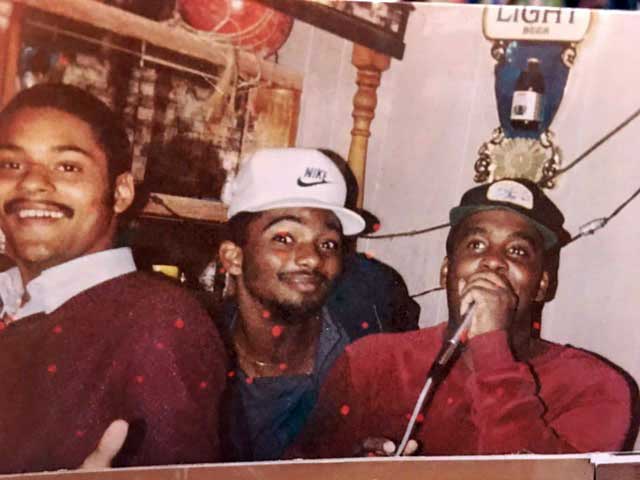
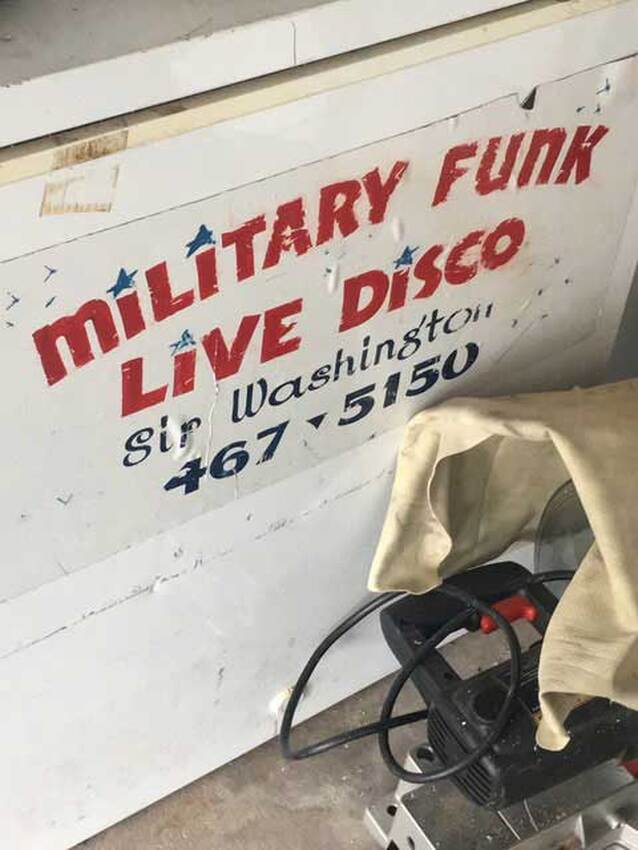
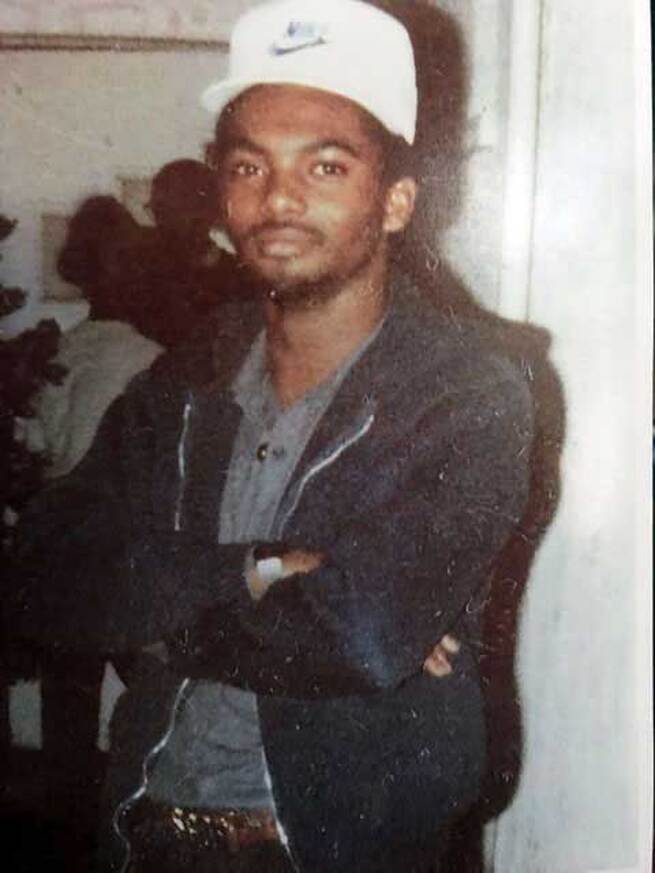
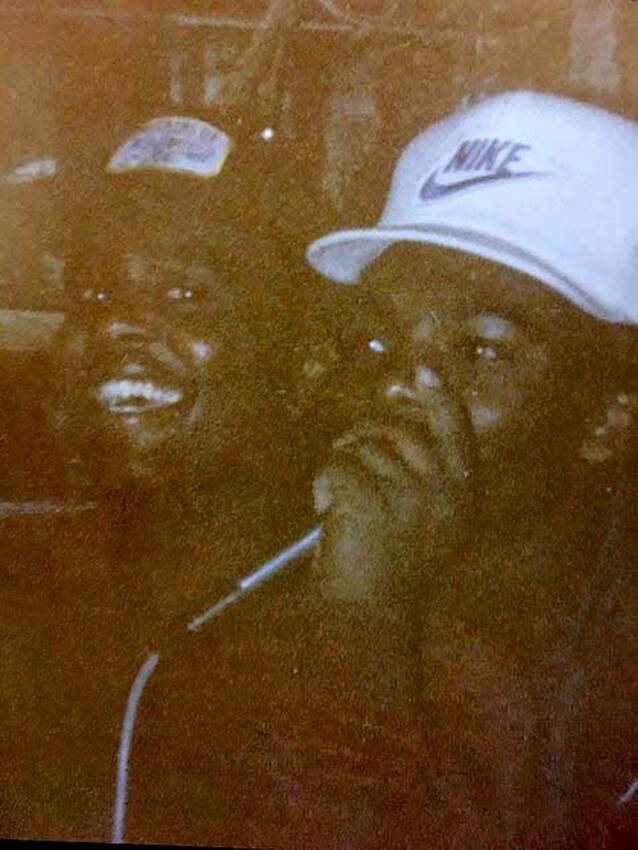
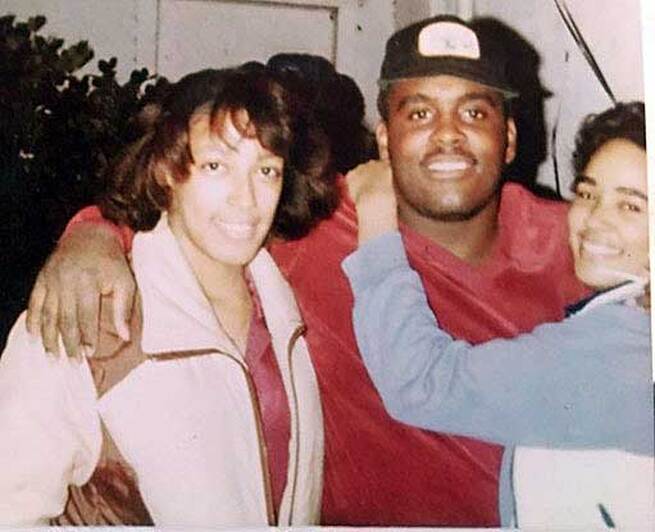
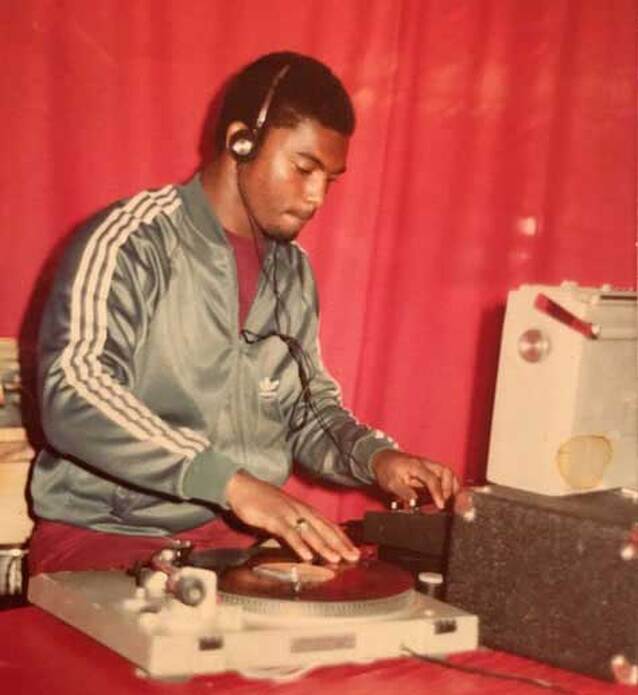

























 RSS Feed
RSS Feed























